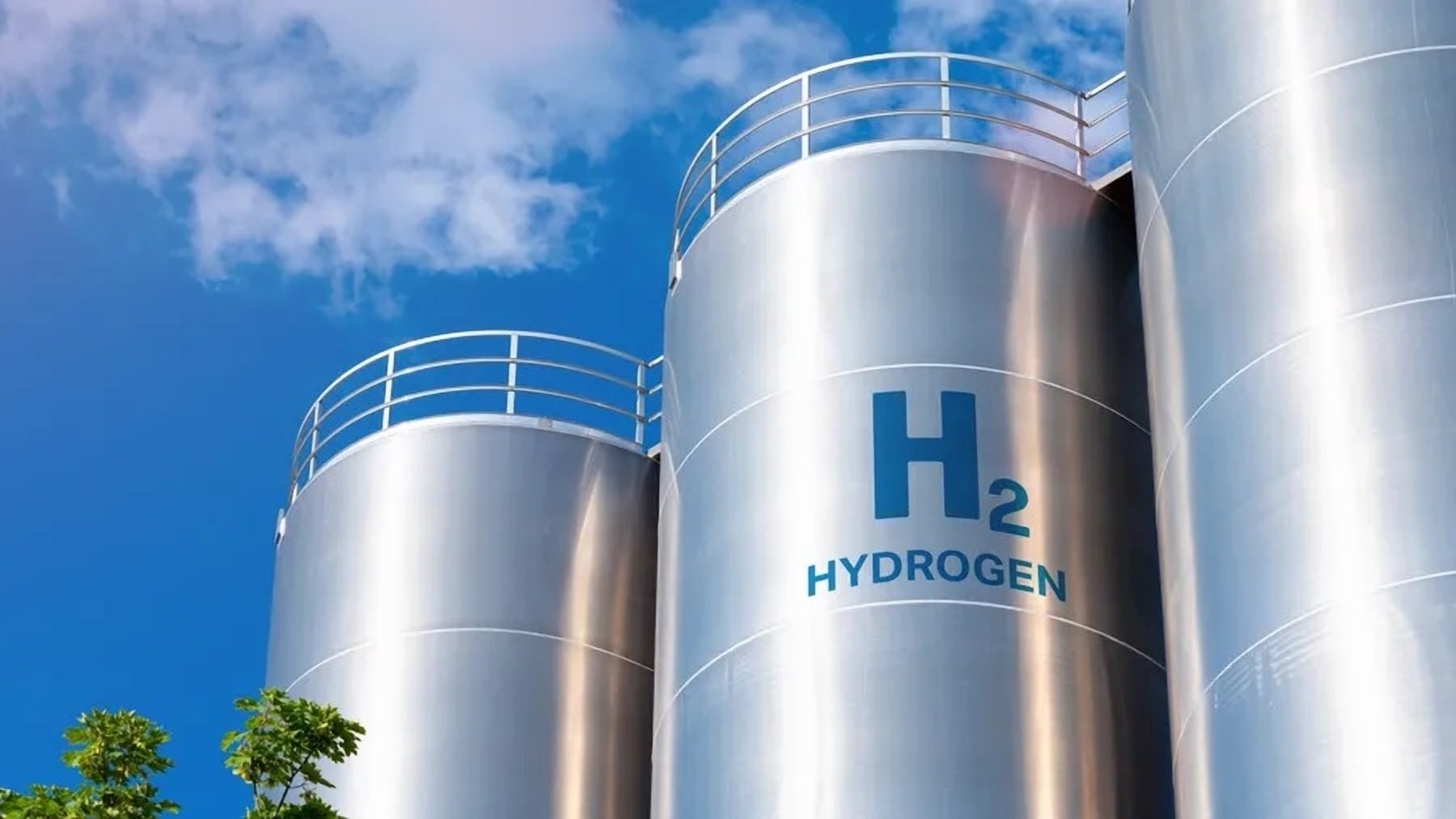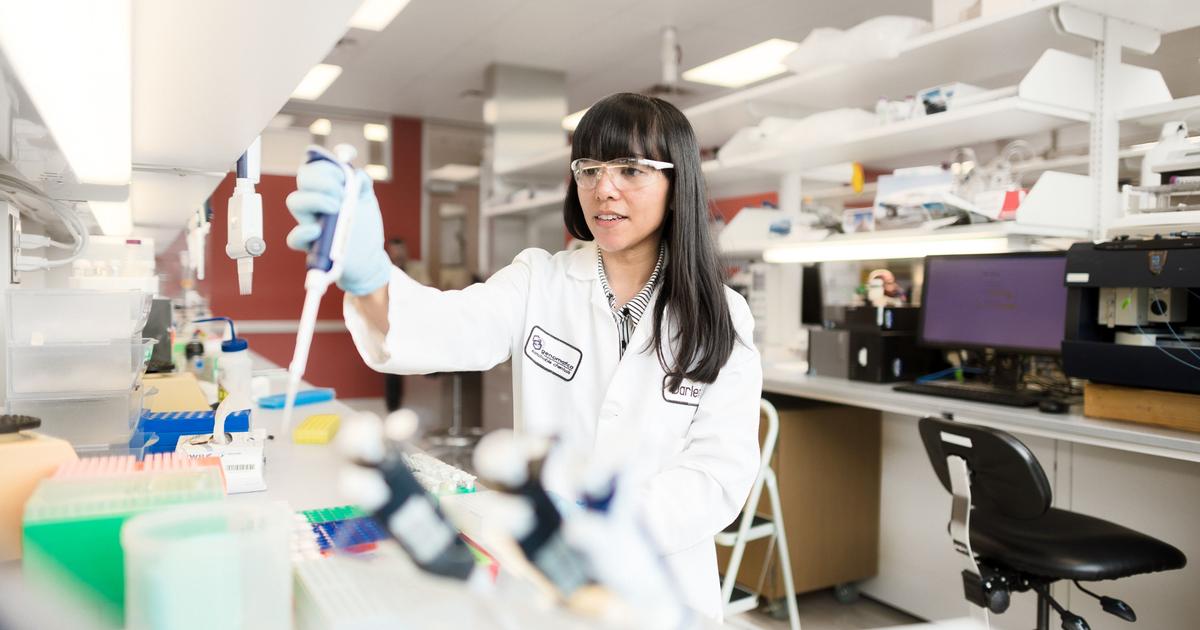Unilever Updates its Global Principles for Food Marketing to Children
Unilever PLC

Unilever, the consumer goods company, announced that it updated its global principles for responsible marketing to children. It will raise standards in a rapidly evolving digital world. The company has also decided to stop marketing food and beverages to children under 16 across traditional and social media.
The company's enhanced principles include:
Stop collecting data on children below 16.
Not to use celebrities or social media stars under 16 to woo children below 16.
Stop targeting children below 16 with any marketing or social media communications.
Limit child attraction to influencer content and provide clear and prominent notice of provisions to influencers.
Continue to refrain from marketing the company's brands or products in schools unless specifically requested to participate in instructional campaigns.
Unilever's food and refreshment portfolio, which includes ice cream, will be guided by these principles. January 2023 is the deadline for brands to comply with these upgraded principles.
Matt Close, President Ice Cream, Unilever, said: “Recognising the power that social media and influencer marketing can have on children’s choices, we believe it is important to raise the bar on responsible marketing to a minimum age of 16 years old across both traditional and social media."
"By making these changes, our goal is to continue to reduce children’s exposure to advertising from the food and beverage industry, and instead support parents to select appropriate treats to be enjoyed from time to time.”
Unilever was one of the first firms to implement particular standards for marketing its food and beverage goods to children in 2003. The company continued to lead the way in implementing new and enhanced concepts. Unilever declared in 2020 that it would no longer market or advertise foods and beverages to children under 12 in traditional media and under 13 in social media channels.
Some countries, like the United Kingdom and Portugal, already have laws and regulations that make it possible for these new principles to be met, fully met, or even exceeded in these countries.






